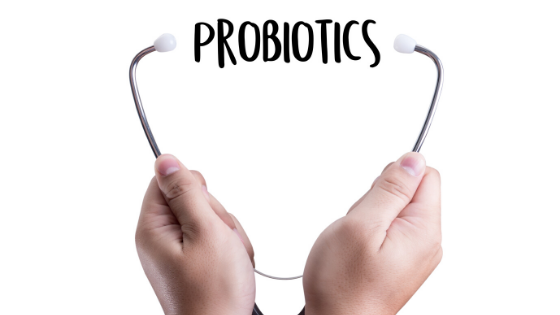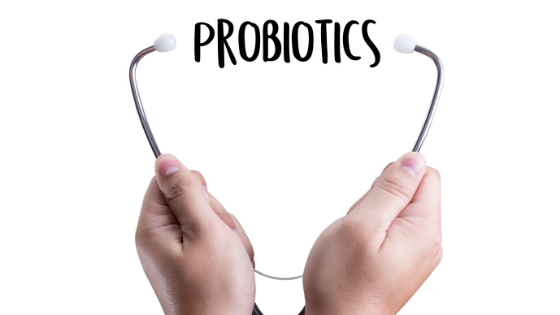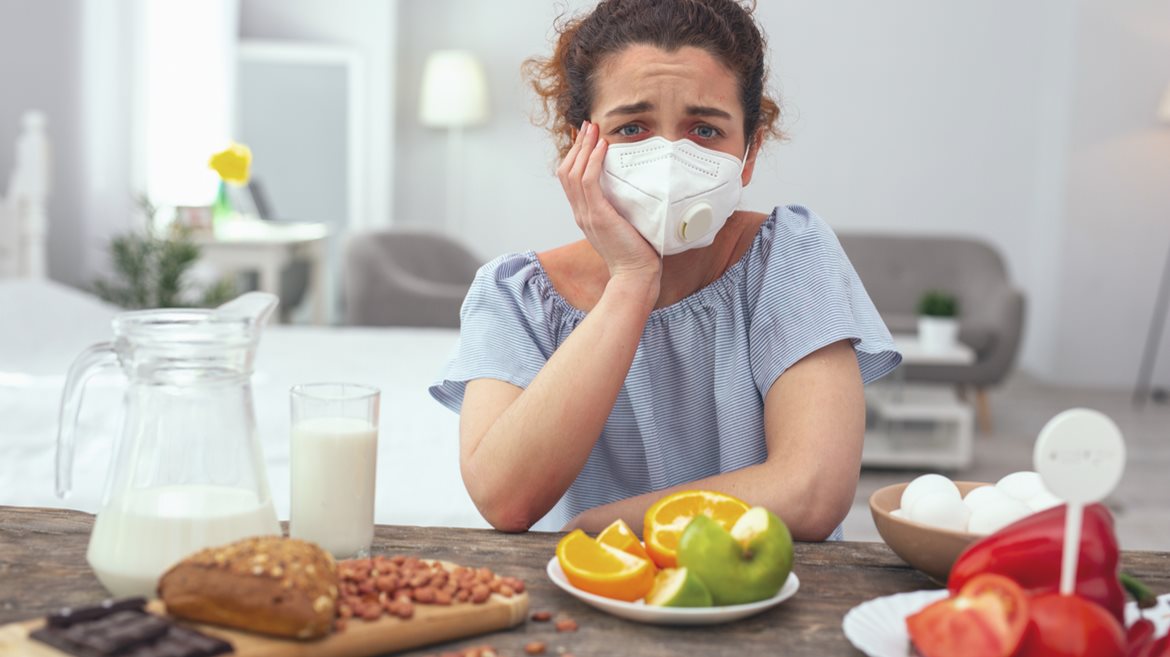Your Weight: Not Strictly a Matter of Choice
Conventional wisdom says that weight loss should be a simple formula – burn more calories than you take in. While this is certainly not a false statement, the reality is much more complicated. Everyone has their own unique metabolic rate, determined by factors largely beyond your control, such as age, race, and gender. Now, the latest research says you can likely add genetics to that list.
A number of genes are identified that make weight loss difficult. If you possess one or more of these gene variations or polymorphisms, you may be in for a harder time losing weight than a person who lacks them. Even so, weight loss is not completely beyond anyone, and there are steps you can take to help overcome your genetic disadvantage.
Genes That Influence Weight Gain & Obesity
Human genetics is incredibly complex. There is rarely a single gene tied to any trait. This holds true for weight loss. In fact, researchers have found over 70 genes that influence obesity or weight loss in some way. Among these genes are:
ADRB2
This gene controls the production of a certain protein that helps to break down fat. People with the polymorphism of this gene may have greater abdominal fat and be at higher risk for metabolic syndrome, which is associated with diseases like diabetes.
FTO
The FTO polymorphism is linked to greater satiety tolerance. This means it takes more food to make you feel full. Of course, such a trait can easily lead to obesity and make weight loss more difficult.
PPARG
This gene allows fat to be taken up from the digestive system and put to use in the body. People who have an overexpression of PPARG are subject to weight gain and obesity, along with accompanying conditions like heart disease.1
Evidence Supporting a Genetic Link to Obesity
Although much research remains to be done, studies have suggested a genetic influence on obesity and difficult weight loss. For example, a study published in 2016 found that there was evidence that men carrying the ARDB2 polymorphism had greater fat mass and larger fat percentages than non-carriers after a weight loss program consisting of exercise and restricted diet.2
Another study, released in 2015, demonstrated a correlation between many gene polymorphisms, including ARDB2 and FTO, and obesity in African populations.3 Additionally, one study looked at a number of gene polymorphisms in a group of young Italians. The researchers concluded in a paper published in 2017 that the PPARG polymorphism showed a strong connection to increased body mass among these participants.4 Finally, a separate 2017 study on a group of Greek adults also demonstrated an association between FTO polymorphism and obesity.5
What Can I Do to Counteract My Genetics?
Since the technology to readily modify your genetics to your liking does not yet exist, you may think you’re predestined to be overweight. However, this is far from true. Healthy eating combined with exercise can help anyone lose weight, even if you have to work harder than some other people.
At Linden & Arc Vitality Institute, we will be your partner in maintaining a healthy weight. We will provide you with expert advice, necessary supplements, and diagnostic testing to make sure you’re on the right road. Despite your genetics, your health is still in your hands. With determination and help, you can build and keep a healthy body. Contact us for a consultation: [email protected]
References:
1 http://www.saragottfriedmd.com/%e2%80%8efive-genes-that-make-it-hard-to-lose-weight-and-what-you-can-do-to-combat-them/
2 https://www.ncbi.nlm.nih.gov/pubmed/26888112
3 https://www.ncbi.nlm.nih.gov/pubmed/25641693
4 https://www.ncbi.nlm.nih.gov/pubmed/28090739
5 https://www.ncbi.nlm.nih.gov/pubmed/28257836













